After my grandmother’s death, my husband pushed me to sell her house — but a hidden letter in the attic revealed a secret that changed everything.
My name’s Mira, and I’m 36. I live just outside Portland, Oregon, in a quiet neighborhood where people wave from their porches and kids ride bikes until the streetlights flicker on. From the outside, my life probably looked perfect.
I’ve been married to Paul for seven years. He’s 38, tall, lean, always in crisp shirts and polished shoes. He works in finance, glued to his phone most of the time, but at home he plays the part of the perfect dad.
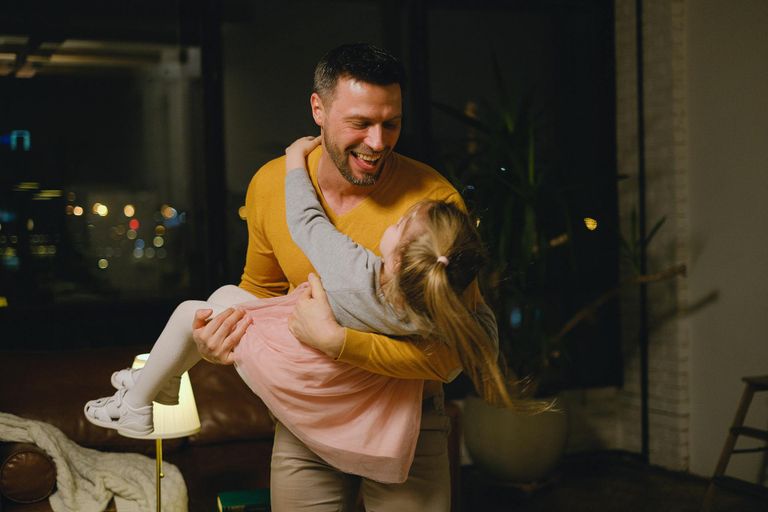
We have twin girls, Ellie and June, four years old—golden curls, dimpled cheeks, sparkling blue eyes. I love them more than anything, even when Play-Doh ends up in the carpet or juice spills across the couch.
Our life seemed charmed: a cozy house with white shutters and a lemon tree in the yard. Sundays at the farmer’s market. Movie nights on Fridays. Sticky notes with little hearts from Paul on the bathroom mirror.
But everything shifted the day my grandmother died.
She was 92, still living in the same modest house where she raised my mom. That house was my sanctuary growing up—lavender cookies, mismatched teacups, stories from her childhood. The smell of lavender soap and Earl Grey will always be hers.
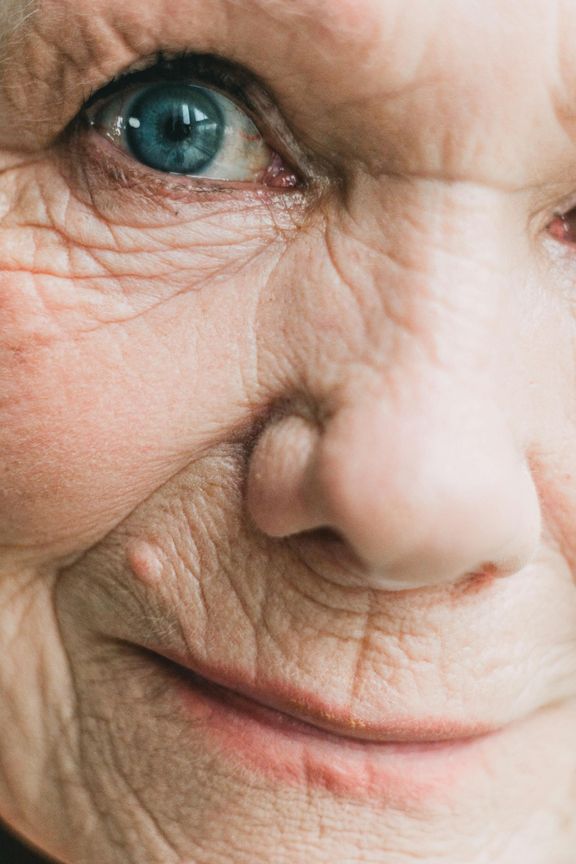
Paul came to the funeral holding my hand. His jaw was tense. His eyes looked damp. I thought he was grieving with me. Now I’m not so sure.
After the service, I went alone to Grandma’s house to gather her things. I wasn’t ready to say goodbye. Paul wasn’t pleased.
“We need the money, not your memories,” he said, irritated.
I stared at him, startled. “Paul, it’s been three days. Can’t we slow down?”
His eyes kept darting to the stairs. “It’s an old house. We could use the cash. You’re dragging this out.”
Something felt… off.
I went to her bedroom, the same floral quilt on the bed, and sat there holding her afghan blanket. The house was full of leftover food from the repast, empty glasses, and heavy silence.
As I stood to leave, I heard my name called from outside. Mrs. Callahan, Grandma’s longtime neighbor, stood by the gate. She whispered:
“If you only knew what your husband was doing here… while your grandmother was still alive.”
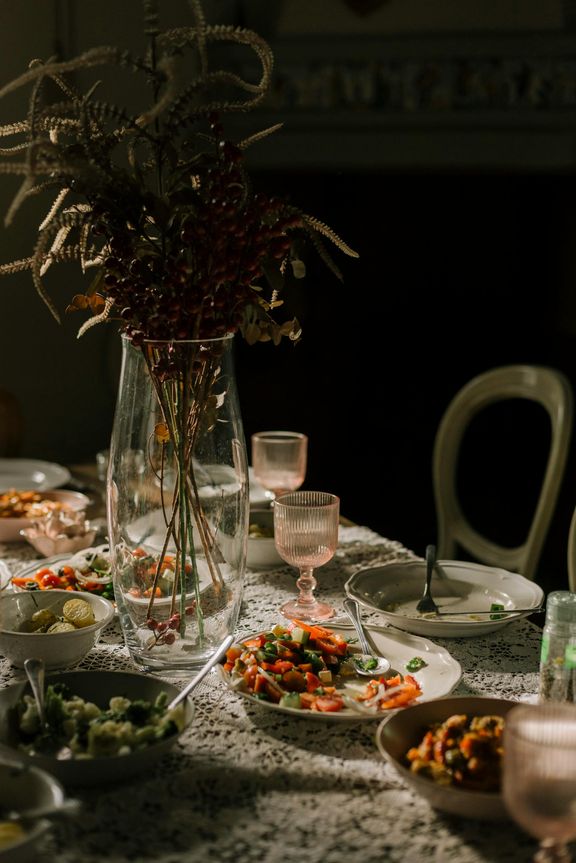
She slipped a small brass key into my hand—the attic key.
“Your grandmother gave it to me a month before she passed. She said I had to give it to you personally.”
A chill crept up my spine.
Paul was already heading to the car. I asked him to go home without me. He protested, then left.
I climbed to the attic. The door was old, the knob crooked. I unlocked it. Inside was dust, cedar-scented air, and boxes of old things. And then I saw it: a brown leather suitcase I remembered from childhood.
Inside was an envelope with my name on it. Grandma’s shaky handwriting.
“If you’re reading this, my dear, it means I’ve left this world.”
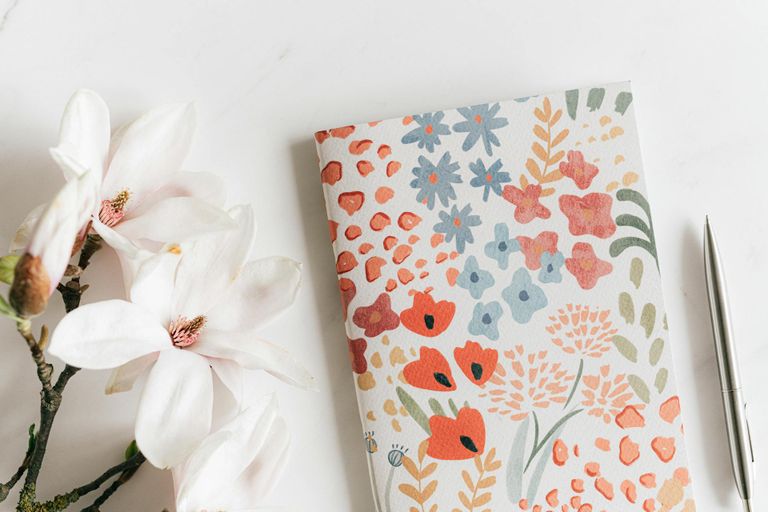
She wrote that Paul had been visiting her behind my back for almost a year. He told her she should sell the house. He said we needed the money and warned her not to tell me or my marriage would fall apart.
At first she refused, but he wore her down—frightening her with lies about finances and losing the house. She signed preliminary papers but never followed through.
The last line of the letter shattered me:
“If you can prove Paul deceived me, the house is yours. I put everything in your name. Be careful, Mira. Paul needed a lot of money, and I don’t know why.”
I stuffed the documents into a storage locker and put the will and deed in a safety deposit box. I went home numb.
The next morning, I confronted Paul.
“Why were you pressuring my grandmother? What did you need the money for?”
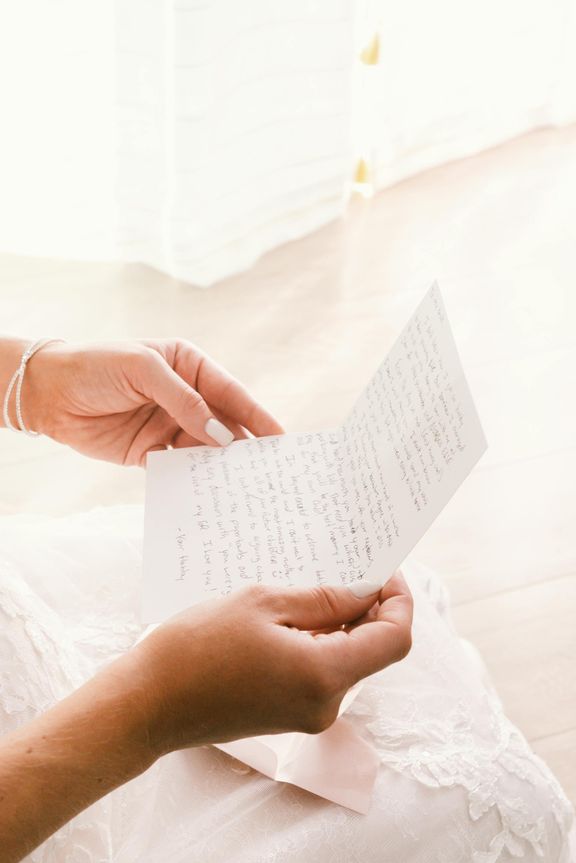
He tried to gaslight me—said I was grieving, imagining things—until I said I had her letter, the deed, everything.
His face fell.
Eventually he confessed: he’d invested two-thirds of our savings into a coworker’s crypto scheme. Lost it all. Panicked. Hid it. Lied repeatedly. Then tried to get my grandmother to sell her home so he could replace the money.
I felt something break inside me.
“You didn’t make a mistake, Paul,” I told him. “You showed me who you are.”
We argued for hours. He begged, cried, promised to change. I couldn’t even look at him.
The next morning, I called a lawyer.

By the end of the month, the divorce was filed. Paul moved out two weeks later.
I kept the house—the one that was never his.
I changed the locks. Repainted the living room. Set a framed photo of Grandma and me on the mantel. Her letter sits in my office as a reminder that even in death, she protected me.
In the end, she saved me from the man who claimed he never would hurt me.



